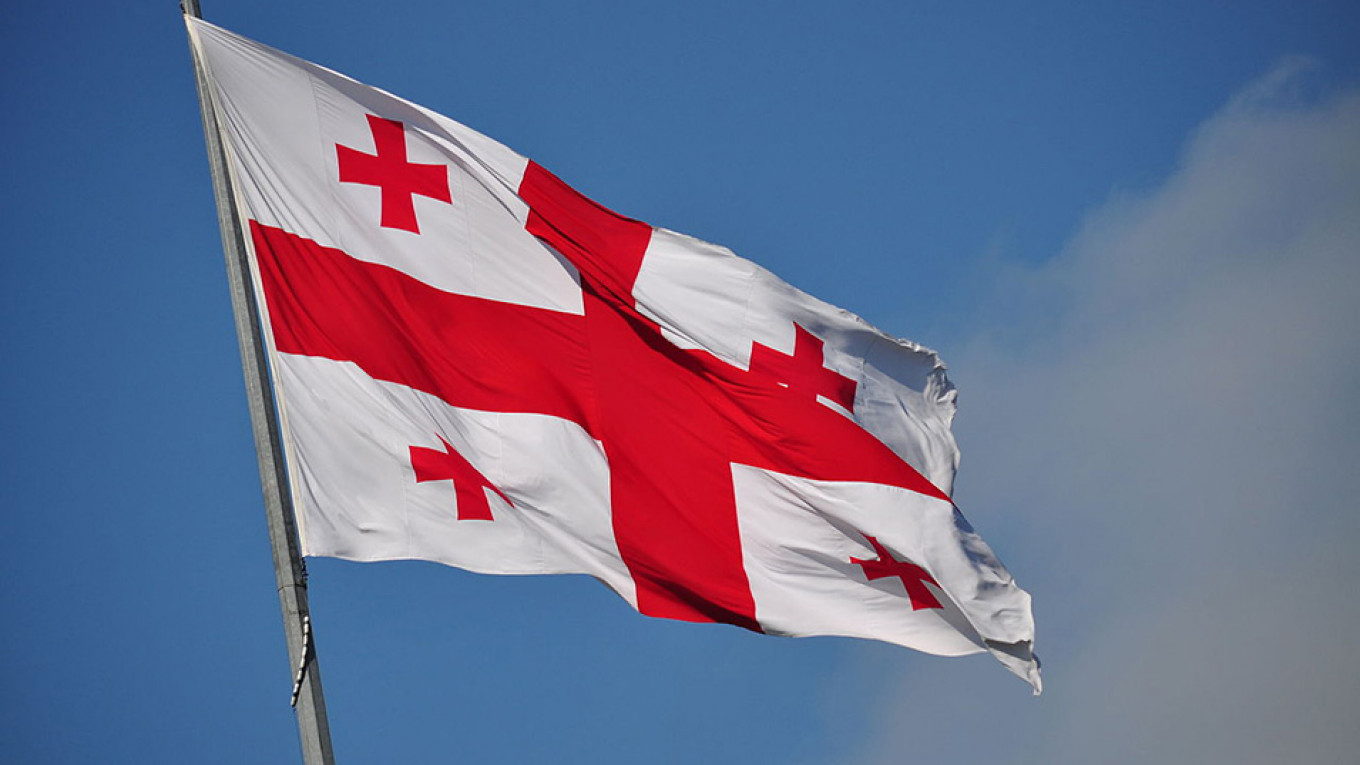
The Russian parliament on Tuesday unanimously backed a resolution urging the government to draw up tough economic sanctions against Georgia, a move that would sharply escalate a political crisis between the neighbors.
The proposed sanctions would ban imports of Georgian wine and mineral water and halt financial remittances back home by Georgians working in Russia among a suite of measures that could badly hurt Georgia’s economy.
Moscow in recent weeks has complained about anti-Kremlin protests in Georgia and on Monday condemned an obscenity-laden tirade against President Vladimir Putin on a Georgian TV station which it blamed on radical political forces.
Relations came under strain two weeks ago when protests erupted in Tbilisi over a visit by a Russian lawmaker with many demonstrators saying they were angry about the continued presence of Russian troops on Georgian soil.
The small nation, an ally of the United States, fought and lost a short war against Russia in 2008.
The countries have not had diplomatic ties since, and Russia went on to recognize the independence of two breakaway Georgian regions, South Ossetia and Abkhazia, where Russian troops are now garrisoned.
Citing risks to its citizens, the Kremlin has responded to recent events by suspending passenger flights, a move that threatens to hurt Georgia’s tourist industry since over 1 million Russians visit each year.
“Unacceptable insults”
Russia’s lower house of parliament, the Duma, said on Tuesday it wanted Moscow to go further and recommended the government draw up sanctions for Putin’s approval over what it described as continuing “unfriendly” actions by Georgia.
Duma chairman Vyacheslav Volodin said parliamentarians wanted Moscow to ban the import of Georgian wine and mineral water and to halt remittances by Georgians in Russia which he said amounted to $641 million last year.
“We consider the insults against our country, the threats towards our citizens, and the insults against our president unacceptable,” Volodin said in a statement.
Taken together, he said the sanctions the Duma was suggesting, coupled with existing measures, would target around 10 percent of Georgia’s gross domestic product.
Georgian’s President Salome Zurabishvili urged Russia not to further aggravate the situation by imposing sanctions.
“It would be a paradox if a neighboring state responds to the actions of those they consider to be radical forces by contributing to the realization of their destructive goals,” Zurabishvili said in a statement.
Kremlin spokesman Dmitry Peskov said the government had yet to take a decision on sanctions, but accused Georgian authorities of doing too little to rein in what he called extreme anti-Russian forces.
“…Such crude attacks are nothing more than the result of the appeasement of those who have fuelled and continue to fuel anti-Russian hysteria,” Peskov said of the tirade against Putin on Georgian TV on Sunday.
“We consider this a very dangerous thing.”
